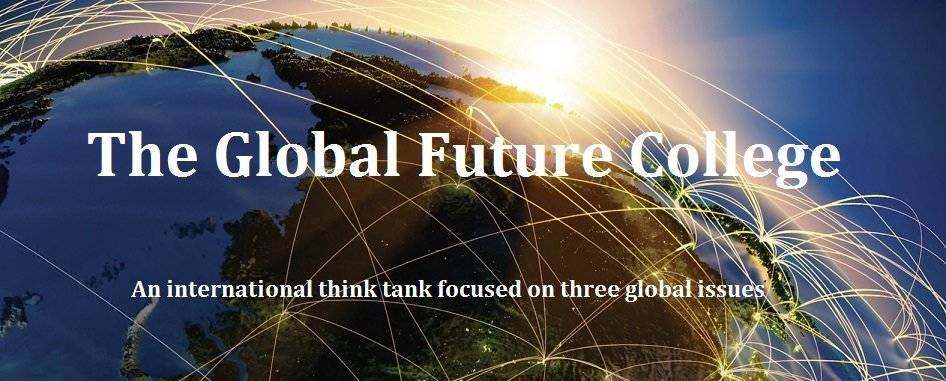|
|
Knowledge and Information Societies Facing the AI Revolution The AI revolution is reshaping knowledge and information societies by transforming how information is produced, accessed and controlled. Algorithms influence decision-making, learning, and communication, challenging traditional models of expertise and authority. While artificial intelligence offers tools for innovation and efficiency, it also raises concerns about surveillance, data privacy, disinformation, and growing inequalities in access to digital resources. Power is increasingly concentrated in the hands of a few tech actors, leading to geopolitical rivalries and ethical dilemmas. These changes compel societies to rethink governance, education, and the balance between technological advancement and democratic control. |
|
|
|
Science, Technology and Environmental Issues Science and technology play a key role in addressing today’s environmental challenges, from climate change to biodiversity loss. They provide tools to monitor ecosystems, develop renewable energy, and propose sustainable solutions. However, their application often reflects economic and political priorities, generating tensions between innovation, environmental protection and social justice. Technological responses can create new dependencies or shift problems rather than solve them. Environmental issues become strategic, shaping international relations, trade policies, and resource access. The ecological transition is not only a scientific or technical matter but a geopolitical one, where power, responsibility and access to innovation are unequally distributed. |
|
 |
Conflicts, Crisis and the Challenges of Humanitarian Action Conflicts, political instability, and natural disasters continue to challenge the principles and effectiveness of humanitarian action. Access to affected populations is often hindered by insecurity, state obstruction, or the instrumentalization of aid. Humanitarian actors must navigate complex environments where neutrality is questioned and resources are limited. The growing overlap between military, political, and humanitarian agendas blurs traditional boundaries, making operations more difficult and sometimes contested. At the global level, the fragmentation of responses and competing priorities reflect broader geopolitical dynamics, as humanitarian action becomes entangled in power struggles, strategic interests, and contested narratives of responsibility. |
|
|
|
||
|
|
For news and updates, follow us on social networks! |
|
 English (UK)
English (UK)  Français
Français 

